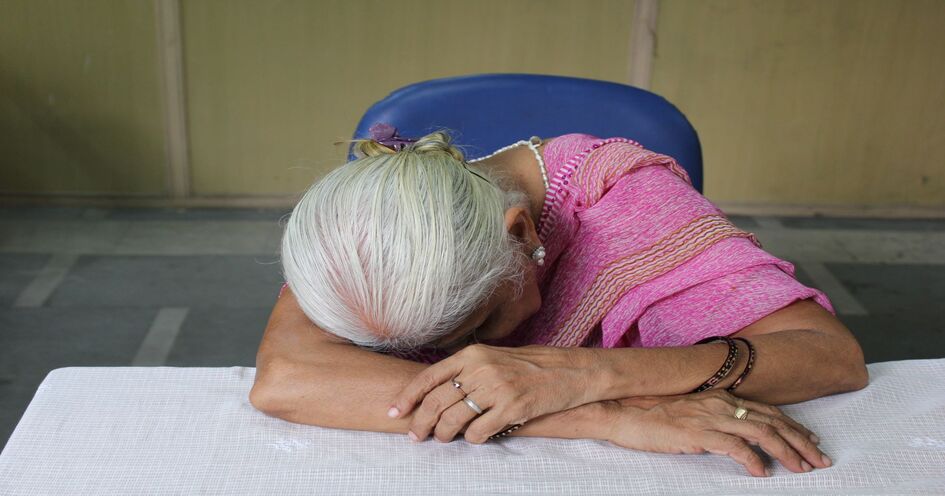Elder abuse presents a complex and multifaceted challenge that demands a systematic approach encompassing nuanced identification, proactive prevention, and decisive action. Understanding the intricate nature of this issue and employing sophisticated strategies are pivotal in safeguarding the well-being and dignity of our senior population.
Detecting Elder Abuse: Insidious Signs and Complex Expressions
Comprehending the subtleties of elder abuse is essential to addressing this widespread problem. There are various kinds of elder abuse beyond physical injury, such as verbal, financial, psychological and sexual. The intricate relationships between these dimensions require a thorough comprehension and increased awareness in order to uncover underlying abuse in these complex situations.
According to HelpAge India’s nationwide research report ‘Bridge the Gap: Understanding Elder Needs (2022), 59% of elderly report abuse as being prevalent in Indian society, while 46% of the elders were not aware of any abuse redressal mechanism.
Preventive Techniques: An All-Inclusive Method Including People and Organisations
The prevention of elder abuse requires broad strategies that target systemic flaws and provide individuals and organisations with the resources they need to stand up to mistreatment. Campaigns for education and awareness lay the foundation for a deeper understanding of abuse patterns and provide individuals with the skills necessary to recognise and report abuse.
In addition, building strong support systems in families and communities creates barriers of protection, allowing for early intervention and support for older people who are at risk. One important way to prevent abuse incidents is to reinforce the legal frameworks that regulate care facilities and social service organisations and provide thorough training to staff members on identifying and reporting abuse.
Advocacy and awareness campaigns are key initiatives. Through partnerships with local communities, educational institutions, and establishments, it is essential to raise awareness about warning signs of abuse, the value of showing respect to seniors, and where to turn for assistance. In order to stop abuse and exploitation, it is important to educate the elderly about their rights.
Collaborations between stakeholders such as civil society organisations, government agencies and policymakers are needed to influence policy changes aimed at protecting the rights of the elderly. Research-backed advocacy will create a more conducive legal and social environment that safeguards the elderly from abuse and exploitation.
Conclusion
Society must come together to counter the alarming rise in elder abuse and commit to create a society where the elderly are respected, protected, and empowered to live a life of dignity and security. We can create a society where seniors are protected, valued, and adored as pillars of knowledge and experience by implementing comprehensive initiatives, building community awareness, and creating a culture of vigilance and support.





